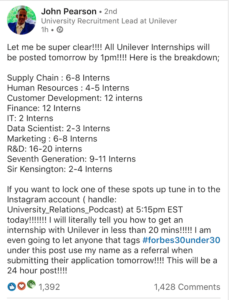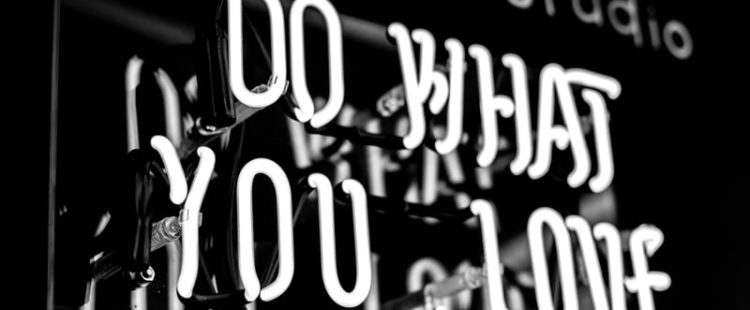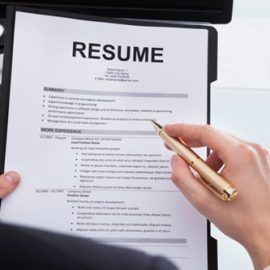Disclosure: I may earn affiliate revenue or commissions if you purchase products from links on my website. The prospect of compensation does not influence what I write about or how my posts are structured. The vast majority of articles on my website do not contain any affiliate links.
This year, I’ve spent a lot of time on LinkedIn. It’s informative and, at times, entertaining. I just like to know what’s going on. As my network has grown, though, I’ve been disappointed to see how much of my feed is dominated by LinkedIn “influencers” who take advantage of job-seekers.
It’s easy to poke fun at influencers active on other platforms like Instagram. They’ve vapid. People who follow them are sheep; whatever. They’re not harmless, per se, but their social positioning is victimless. Nobody directly suffers. Just, if you condition your idea of the world based on an influencer-dominated feed, you’ll probably face a lot of disappointment throughout your twenties.
Now what I’m seeing on LinkedIn is bothering me because some of these people hold power and their audiences want something tangible–jobs. They aren’t famous for being famous. They aren’t popular because they’re runway models. Some have credentials. Some influence hiring decisions. To call some of these people “influencers” is disrespectful. They’re professionals who have carved out audiences on a professional networking website.
Oh my god, do some of these people abuse their power.
John Pearson is the head of university recruitment at Unilever. That’s the Unilever with over 150,000 employees worldwide. Yesterday, he made a LinkedIn post that was so outrageous that I had to read it a few times and send it to friends for analysis. I lost sleep last night still wondering how the fuck anyone in a senior recruiting position at a multinational could possibly get away with writing this post.

After reading the first two sentences, my thought was is there a chance that nobody is holding this guy accountable? Like is Unilever so siloed and bureaucratic that there is no person above Mr. Pearson who could see this and say “Hey John, we know you’re excited, but the quintuple exclamation point and ‘Let me be super clear’ isn’t really what we’re going for.”
Anyway, he reveals when the internship listings will be posted and he even details the headcount for each role, which is rare. Great: value provided. Then…
If you want to lock one of these spots up, follow him on Instagram. I don’t intend to watch all 5+ hours of the saved Instagram Live videos that he’s recorded there. I will admit that there’s some helpful advice but the production value is poor and there is basically zero reputation building for Unilever.
Immediately, my question is, is it appropriate to make an outward attempt at building your own brand by dangling your employer’s job offerings? The answer is no. If someone tried this in tech without the most explicit approval, they’d be fired the next day. Even though he speaks about his experience at Unilever in the videos, it’s just like, come on man… desperate people are going to listen to you babble for the entire session because they want some type of facetime that they think will boost their chances of getting the internship.
This goes from bad to outrageous when he instructs you to tag #forbes30under30 in order to let you use his name as a referral when submitting your internship application. To contextualize this, he’s hoping that the people at Forbes see these posts and consider him for the 30 Under 30 list. Say what you want about the list not being what it once was… is this real life? The “University Recruitment Lead” at a multinational is leveraging his position trying to wage a social media campaign in order to be named to Forbes 30 Under 30?
Is he even being honest? There were over one thousand comments with the Forbes tag just an hour after he posted. If he deletes the post after 24 hours, how will he reconcile the names of those who tagged Forbes with those who used his name as a referral? Short answer: he won’t be able to. It’s a facade.
This isn’t just slimy salesmanship, it’s slimy salesmanship projected to kids who just want internships. This being allowed erodes any respect I had for Unilever. Not to mention that John’s messaging is wildly inconsistent. The LinkedIn post is written like he’s on a spastic sugar rush, then the Instagram videos are filled with mundane corporate-speak. A monotone bore.
During a time like this, LinkedIn can range from source of anxiety to a beacon of hope. I hope that my analysis of posts like John Pearson’s can convince people who can provide real, honest value to be more active contributors to the website.




